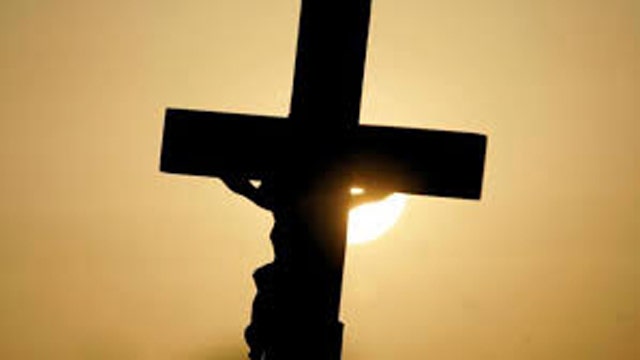Why Christianity's so-called demise has been exaggerated
Dr. Richard Land disputes argument and points to rise in number of Evangelicals
Mark Twain famously had an out-of-body experience one day – he picked up the newspaper and began reading about his death. Through a mix-up, the newspaper mistakenly believed that Twain had died. He contacted the New York Journal to clear things up, writing, "The report of my death was an exaggeration."
I felt the same way while reading a Washington Post story recently with the sensational headline, "The Rapid Decline of White Evangelical America." Admittedly, fewer Americans seem to be identifying themselves as evangelicals these days. I’m not writing to dispute that but the overall number of evangelicals, not just White evangelicals, is still a sizeable portion of our population.
Evangelical Protestants make up 25.4% of the U.S. population, which represents about 84 million people. Evangelicals still represent the largest religious group in America. So we shouldn’t overreact to these trends and pretend like evangelicalism is disappearing or that it is now suddenly insignificant.
DR. ROBERT JEFFRESS: BIDEN REJECTS HYDE AMENDMENT – HERE'S WHAT BUDGET TELLS US ABOUT THIS PRESIDENT
But today there is a more important and more fundamental question: What does it mean to be an evangelical?
More from Opinion
In the media, "White Evangelical" has become a codeword for "Republican." But the decision to be an evangelical and the decision to be a Republican share little in common. Yes, evangelicals tend to vote Republican because of the party’s pro-life and pro-traditional marriage stands. Yet, it is also true that the majority of Republicans eat breakfast. But neither "eating breakfast" nor "voting Republican" is the defining characteristic of evangelicalism.
Evangelicals are defined by bedrock theological convictions that go back 2,000 years to Jesus Christ and the Apostles. These essential convictions involve beliefs such as the inspiration of the Bible, the exclusivity of Jesus Christ for salvation, the necessity of personal conversion, and the Christian’s responsibility to "evangelize" or share the message of Christ with others.
Unfortunately, politics has become the filter for everything these days – including religion. But this distorts the reality. Too often the media seriously mischaracterizes and misunderstands evangelicals.
CLICK HERE TO GET THE OPINION NEWSLETTER
The true gospel of Jesus Christ transcends the political conflicts of any given place and time. There was a time when "Republicans" and "Democrats" did not exist, and there will come a time when they cease to exist. That reality has zero impact on the Kingdom of God
The religious landscape is much more complicated than the Washington Post’s headline suggests. For instance, in the study the Washington Post cites, 35% of Black Americans identified themselves as evangelical – this was the largest percentage of any race or ethnicity. Among White Americans, only 23% are evangelicals.
It may not fit the media narrative, but evangelicalism is not a White, political phenomenon. The gospel of Jesus Christ transcends politics and race. Being an evangelical Christian doesn’t mean transforming the world by joining a political party – it means transforming one heart at a time through an encounter with Jesus Christ.
CLICK HERE TO GET THE FOX NEWS APP
The Christian movement started with 120 people in a room on the Day of Pentecost 20 centuries ago. The Bible declares that these early Christ followers "turned the world upside down" by their proclamation of the gospel.
The strength of Christianity doesn’t lie in raw numbers; its strength resides in the truth of a life-altering, world-changing message about the reality of Jesus Christ.





















